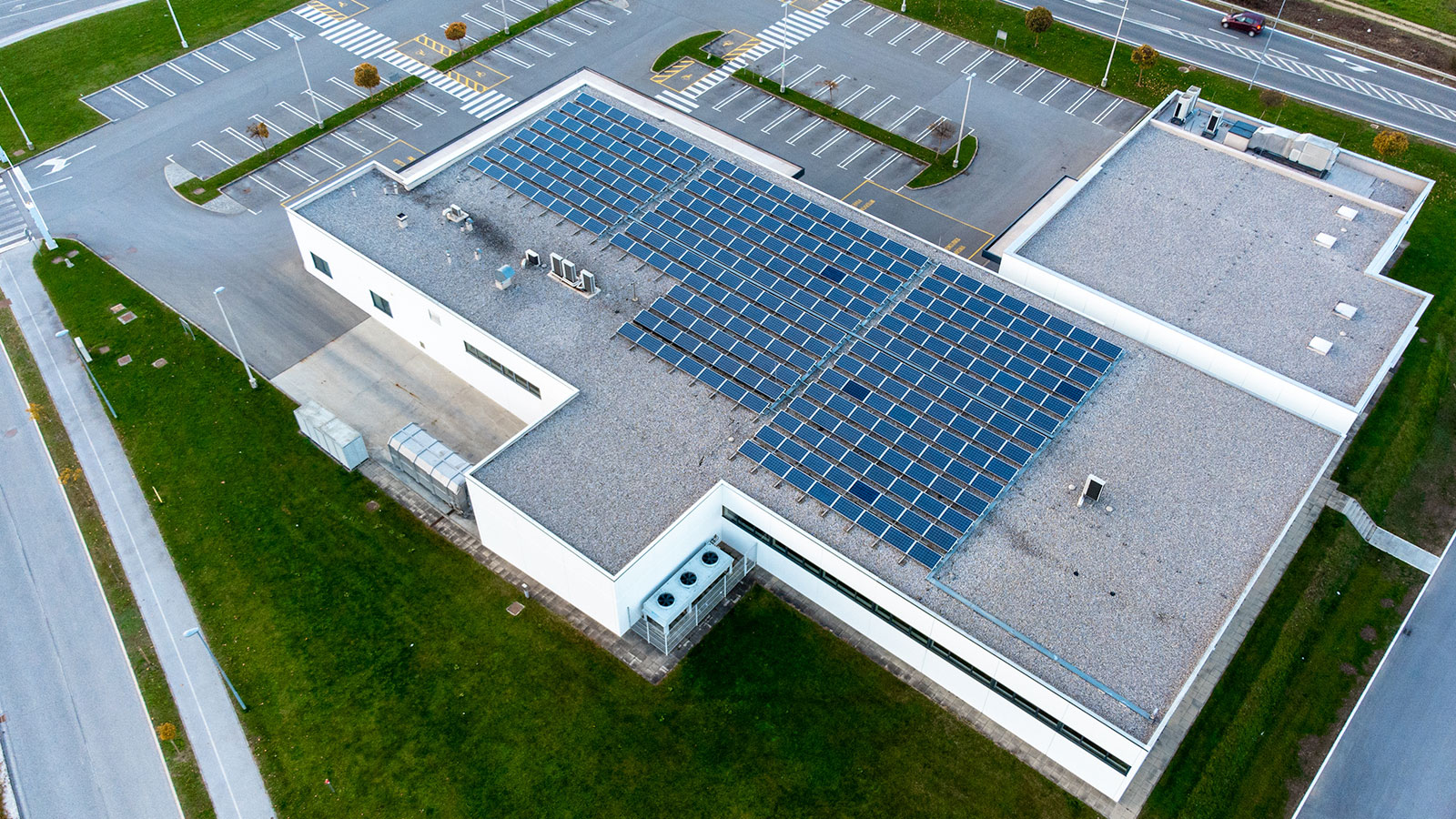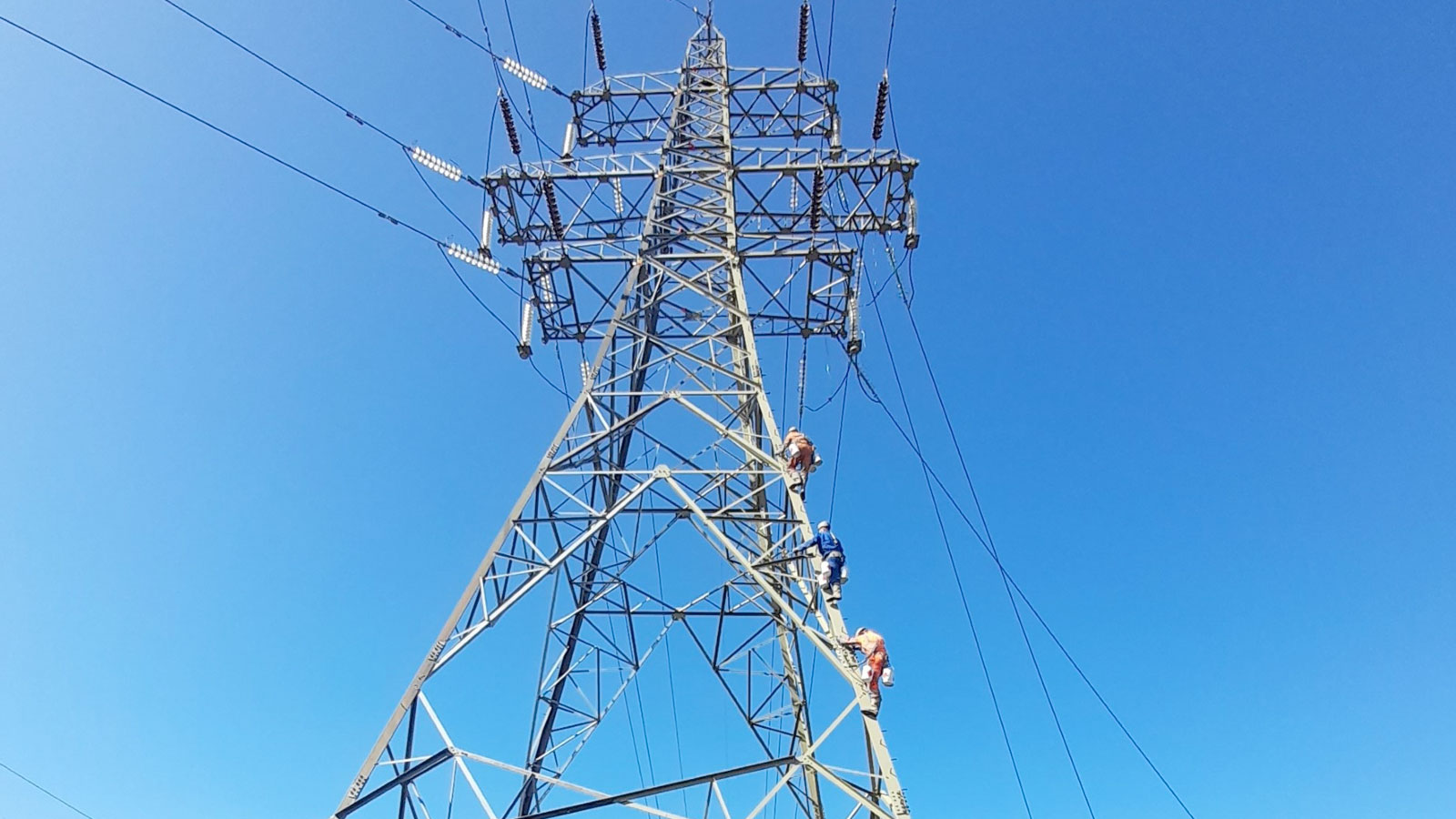The Electrical Contractors’ Association (ECA) has said ongoing uncertainty about PV Feed-In Tariffs (FITs) has led to confusion and cost to customers, and is undermining the fledgling PV installation industry. It says that decisive action is needed from government to support the the sector, which has created thousands of green jobs across the UK in the last 12 months.
At the end of December, the High Court ruled that the process leading to the current changes to FITs is unlawful. The ECA, which represents 300 members who install PV systems, says the Government must now work with the industry on a programme that will deliver a market that can operate without reliance on FITs by 2017.
Paul Reeve, head of environment at the ECA, said: “DECC’s consultation has already added to market cost and confusion. We welcome the news from the High Court, as we believe the FITs consultation was inherently flawed. Cutting FITs on 12 December, nearly two weeks before the consultation was supposed to end, did not pass muster.
“The government’s snap proposals led to an explosion of PV installation work up to mid-December but as a result, PV panels were in short supply. The shortage increased panel prices by over 20%, and that price was borne by customers who were desperate to get connected by 12 December.”
According to Reeve: “The worry now is the impact in terms of order books and jobs. One ECA member with a £2m turnover had a £5million order cancelled due to the 12 December announcement – yet small businesses like these are the ones government continually says it wants to support”.
Among the ECA’s recommendations to government are that FITs should be set at 29p for PV installations under 3kWp until the end of 2012 – more than the 21p rate proposed by government. “This will help to support small PV installation in particular during 2012, which will be seriously affected by the current proposals. Adding a new 3kW band also favours the very smallest customers and installations, which should be a popular move,” continued Reeve.
Reeve said reductions in FITs need to be clear, predictable and steady. “We need to move together from reliance on FITs towards everyday commercial competitiveness by 2017. This would allow PV installers and their supply chain to recruit or at least retain employees, and provide customers with renewed confidence,” says Reeve.
Reeve concluded: “Two factors that are guaranteed to cull demand for any renewable energy source are cost and doubt. Unfortunately the government has delivered both into the PV marketplace. With the current revisions being challenged by industry, environmental bodies and the judiciary, we need meaningful consultations between all the key players. We need to look at ways in which we can develop the UK PV industry, instead of treating it like a tap that can simply be turned on and off.”
SummitSkills, the sector skills council for building services engineering, has also told the government the foundations of a growing solar PV industry have been seriously shaken by the decision to cut the Feed-in Tariff.
The organisation has gathered views from companies and employers’ organisations about the effect of the government cut in the financial support designed to encourage take-up of solar photovoltaic technology.
SummitSkills has also noted the outcome of a legal challenge by Friends of the Earth and two solar PV companies, which found there was a case for the government to answer in prematurely reducing the tariffs on 12 December, before the end of its own consultation period. These conclusions reflect SummitSkills’ findings, showing that the building services engineering sector has been particularly hard hit by recession but that the solar PV market was providing employers with a very welcome area for growth, thanks to the Government’s Feed-in Tariffs. Many employers had invested in training to take advantage of this opportunity, employing extra staff in order to meet growing consumer demand for solar panels. Now, according to employers, the cuts to the Feed-in Tariffs are already smothering the fragile market. Staff who had been laid off, but then retrained to meet demand for solar PV, are once again facing an uncertain future.
Chief executive of SummitSkills, Keith Marshall OBE, said: “We understand the argument that Feed-in Tariffs need to be sustainable, and it is clear that this mechanism has played a significant role in stimulating demand and creating much-needed growth. However, the emerging solar PV market is still fragile and its long-term viability depends on managing supply and demand sensitively. These cuts to the FiTs were implemented without adequate warning, not allowing the Government time to work with the companies and organisations whose input could have enabled it to find a workable compromise. The Government’s action will inevitably make employers, consumers and businesses think twice before embracing environmental technologies in the way that the Government needs them to – if the UK is to meet its challenging carbon emission reductions targets.“





